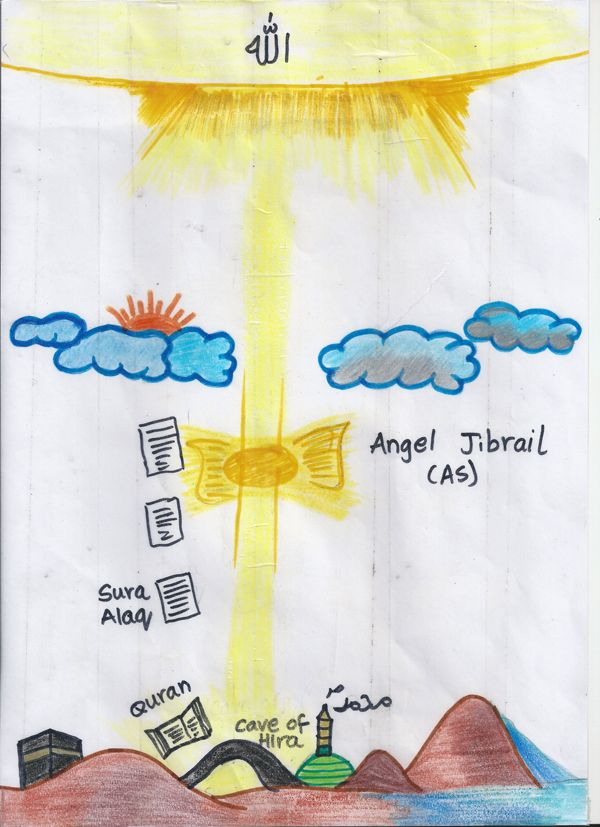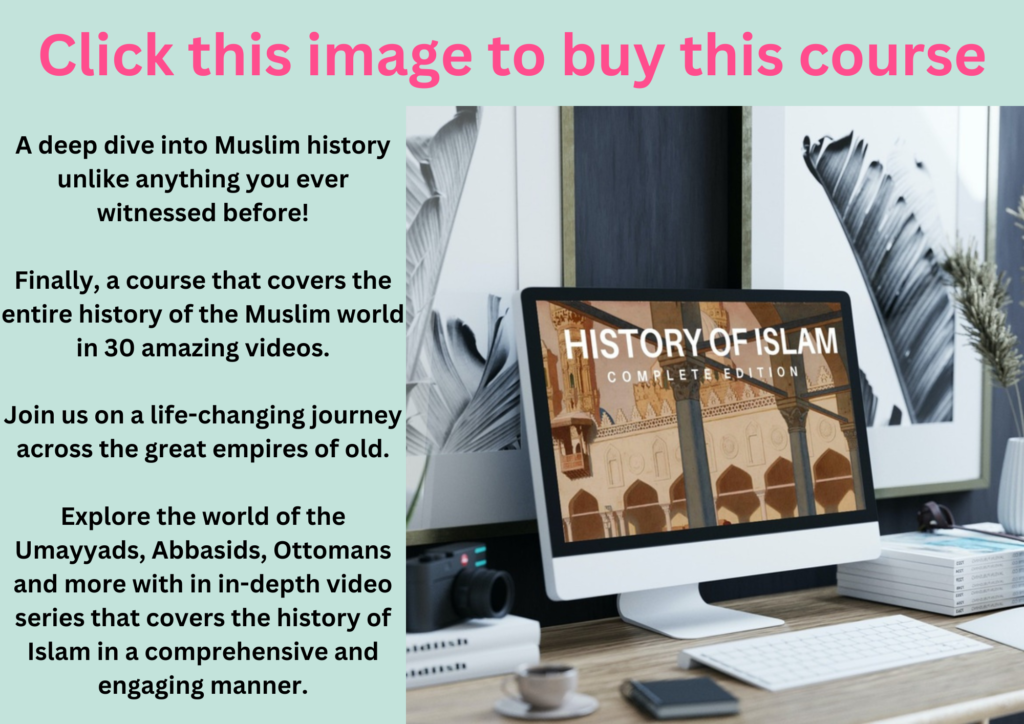The Quran, the final and most comprehensive revelation from Allah, was revealed to Prophet Muhammad (peace be upon him) over a span of 23 years. This gradual process was not merely a method of delivery but a profound reflection of divine wisdom, perfectly tailored to meet the spiritual and practical needs of the Prophet (peace be upon him) and the early Muslim community. The diverse methods of revelation underscored the miraculous nature of the Quran and its enduring significance.
Some portions of the Quran were revealed to the Prophet (peace be upon him) through true dreams, which offered him insight into future events and guidance on specific matters. A particularly unique event was the Night of Ascension (Isra and Mi’raj), during which the Prophet (peace be upon him) received direct speech from Allah, highlighting the extraordinary nature of the Quran and affirming his role as the final messenger. However, the majority of the Quran was delivered by the Angel Jibreel, either through a vibrating sound like the ringing of a bell or direct communication, illustrating the Prophet’s (peace be upon him) unparalleled spiritual elevation.
The segmented revelation of the Quran served multiple divine purposes. It provided comfort and resilience to the Prophet (peace be upon him) during times of immense pressure and opposition. As mentioned in Surah Al-Furqan, Allah states that the gradual revelation was intended to strengthen the Prophet’s heart, ensuring he remained steadfast amidst the challenges he faced. This process also acted as a mercy, easing the physical and emotional burden on the Prophet (peace be upon him) by pacing the weighty task of receiving and conveying the divine message.
In addition, the Quran was revealed in stages to allow the early Muslim community to gradually adapt to new laws and obligations. This gradual approach was essential for integrating Islamic teachings into their lives in a manageable way. The emphasis on oral transmission, along with the Prophet’s (peace be upon him) encouragement to memorize the Quran, played a crucial role in preserving its content, particularly in a community where literacy was limited.
Moreover, the Quranic revelations were often delivered in response to specific situations or challenges faced by the Prophet (peace be upon him) and the Muslim community, providing timely guidance and solutions. For example, after the setback at the Battle of Hunayn, a revelation addressed the need to trust in Allah, offering both reflection and hope. This timely guidance reinforced the Quran’s role as a living, relevant source of direction for every situation.
Ultimately, the gradual and varied revelation of the Quran reflects Allah’s infinite wisdom, mercy, and concern for humanity. It was meticulously designed to guide, support, and uplift the believers while ensuring that the teachings of Islam would be preserved, internalized, and remain relevant for all times. This divine process stands as a testament to the Quran’s miraculous nature and its central role in the spiritual and practical life of Muslims across generations.
Written by Zahra Rahman





